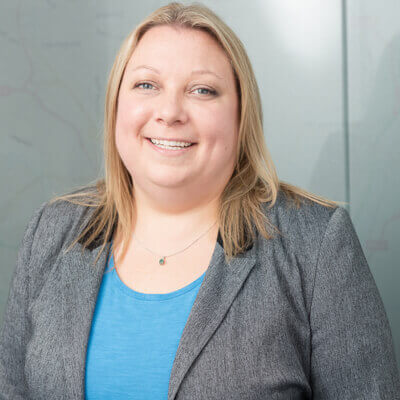Case study: £1.9m for child with erb’s palsy after a communication failure
Our specialist erb’s palsy solicitors recently supported a teenage girl in claiming compensation for an injury sustained during her birth.
Pregnancy and delivery
In early 2010, our client’s mother, MM, found out she was pregnant with her second child. She underwent the normal checks with her midwife both in the community and at the hospital. As her pregnancy progressed, her baby was noted to be towards the top end of the growth charts. It was identified that MM should undergo a gestational diabetes test, although this was not done. Otherwise, MM’s pregnancy went well.
Molly was born in October 2010. During her birth, her shoulders became stuck which resulted in her suffering a brachial plexus injury (damage to the network of nerves in the shoulder which affects the communication between the spinal cord, arm, wrist and hand). This caused severe disability to Molly’s arm resulting in a diagnosis of erb’s palsy.
Significant impact of erb’s palsy on day-to-day life
Early on it was apparent there was a restriction of movement in the affected arm and Molly underwent surgery when she was one in an attempt to improve her condition, but unfortunately this was not successful.
As Molly grew, her injured arm was significantly smaller than her uninjured arm and she lacked movement in her shoulder and elbow, meaning she was unable to lift her arm above shoulder height. This had a significant impact on all aspects of her daily living. This was a lifelong condition and no further treatment could be offered.
Failure to communicate previous birth injury in the family
Molly’s older brother’s shoulders had also become stuck during his birth. Although shoulder dystocia was noted in his records, he had not suffered any lasting issues as a result.
Molly’s mother had not been informed of this at the time of her son’s birth, neither was she counselled during her pregnancy with Molly about the increased risk of Molly suffering a similar injury.
Allegations of medical negligence
It was alleged that firstly, MM should have been tested for gestational diabetes. Had that happened, it was likely that she would have tested positive and therefore been offered the choice of a caesarean section. MM’s third and fourth children were born by c-section and it was reasonable to argue that, had she been given the choice, Molly’s erb’s palsy would have been avoided.
There were also other reasons why a c-section should be offered, such as Molly’s predicted size and that her brother had been a big baby and had suffered shoulder dystocia.
For all these reasons, there were failures to offer a c-section to MM.
The Defendant initially denied these allegations in pre-action and proceedings were issued at court. An admission of liability was made by the Defendant immediately before the Obstetric evidence was due to be served by the Claimant. Liability was admitted in full.
Settlement of the erb’s palsy claim
The trial was scheduled to take place in October 2023. A settlement meeting took place in May 2023 where multiple offers were made by both sides, but no agreement was reached. Negotiations continued after this, and a compromise was eventually reached.
The claim was ultimately settled for £1,900,000. This amount was later approved by the court as is required in cases where the injured party is under the age of 18 years old.
Although no amount of compensation will make up for the injuries that Molly has suffered, this compensation has given Molly and her family some financial security. It will allow Molly to purchase equipment and make other adaptations that will make her life easier as she gets older to allow her to be as independent as possible in light of her life-changing injuries.
The Barrister in this case has also written about it here.
Get in touch with our specialist erb’s palsy solicitors
If you or a loved one has suffered a birth injury such as erb’s palsy, our expert team may be able to help you claim compensation. For a no-obligation chat, call us on 0117 325 2929 or fill out our online enquiry form.

